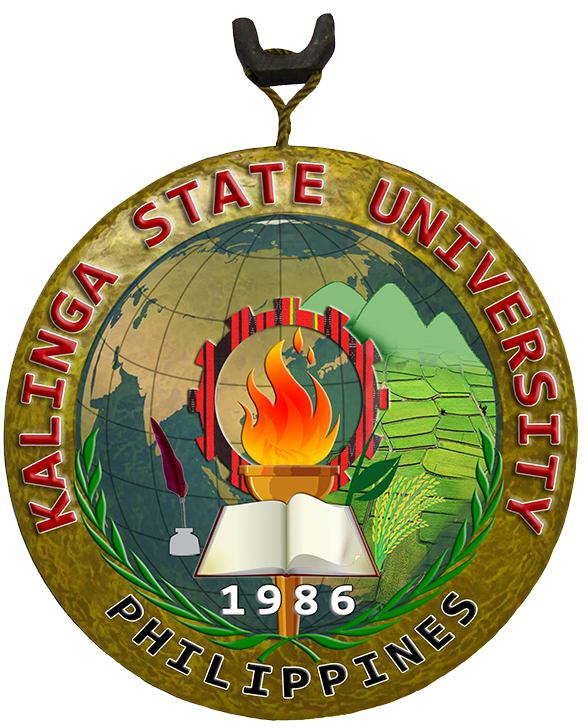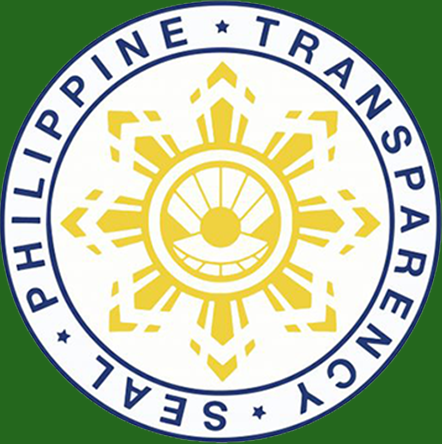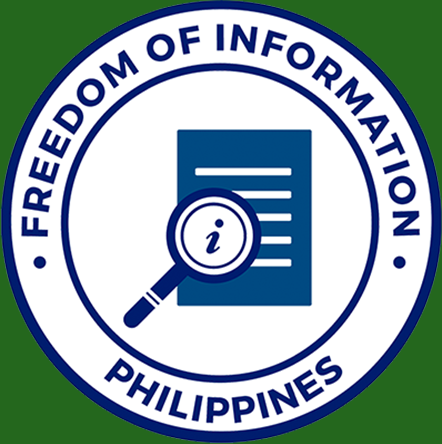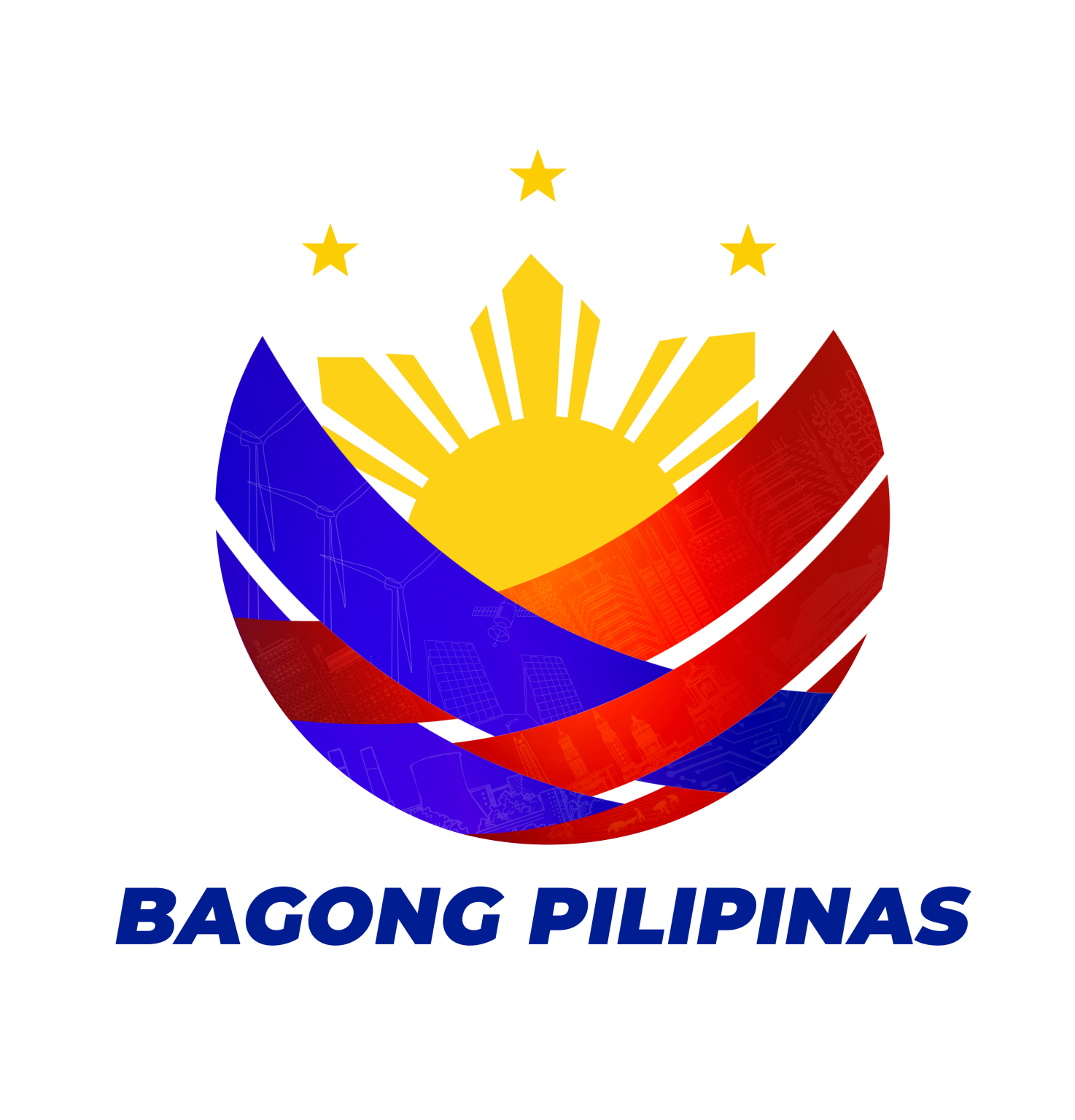SUSTAINABLE DEVELOPMENT GOALS
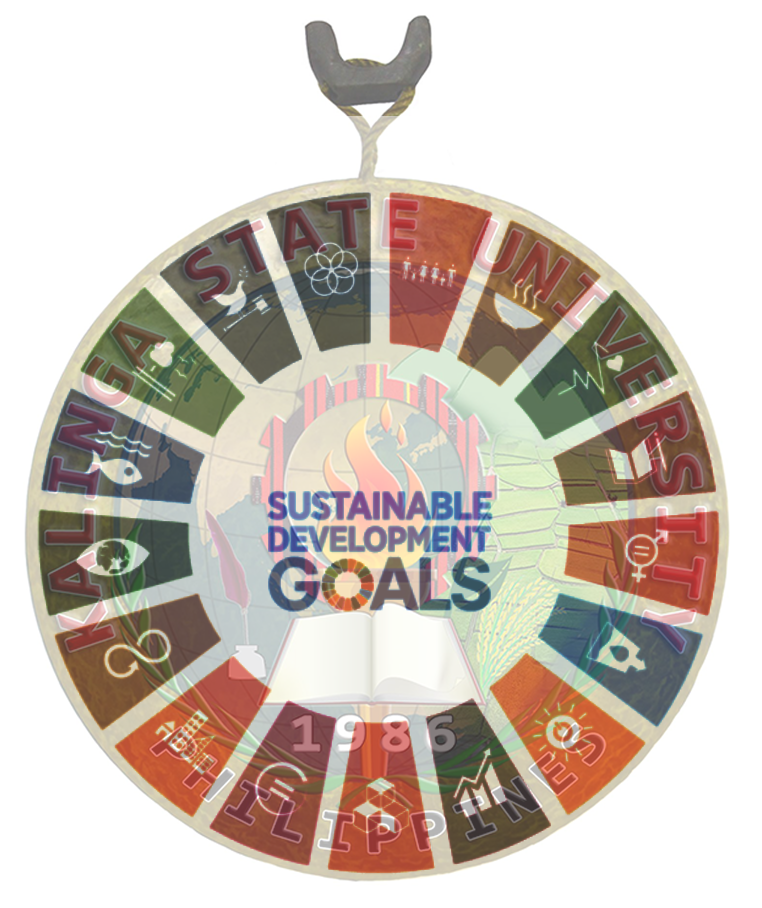
The Sustainable Development Goals (SDGs) are a universal call to action to end poverty, protect the planet, and ensure that all people enjoy peace and prosperity by 2030. Adopted by all United Nations Member States in 2015, these 17 interconnected goals are designed to address the world’s most pressing challenges, ranging from poverty, hunger, and health to education, gender equality, and climate change.
The SDGs build on the successes of the Millennium Development Goals (MDGs) but go further by addressing the root causes of poverty and the universal need for development that works for all people. They recognize that ending poverty must go hand-in-hand with strategies that build economic growth and address a range of social needs, including education, health, social protection, and job opportunities, while tackling climate change and environmental protection.
Kalinga State University is dedicated to fulfilling its mandate as a higher education institution by actively contributing to the 2030 Agenda for Sustainable Development. The university is committed to advancing the Sustainable Development Goals (SDGs) and continues to make significant strides towards their realization.
Explore the university’s efforts in achieving these SDGs by clicking on the icons below.
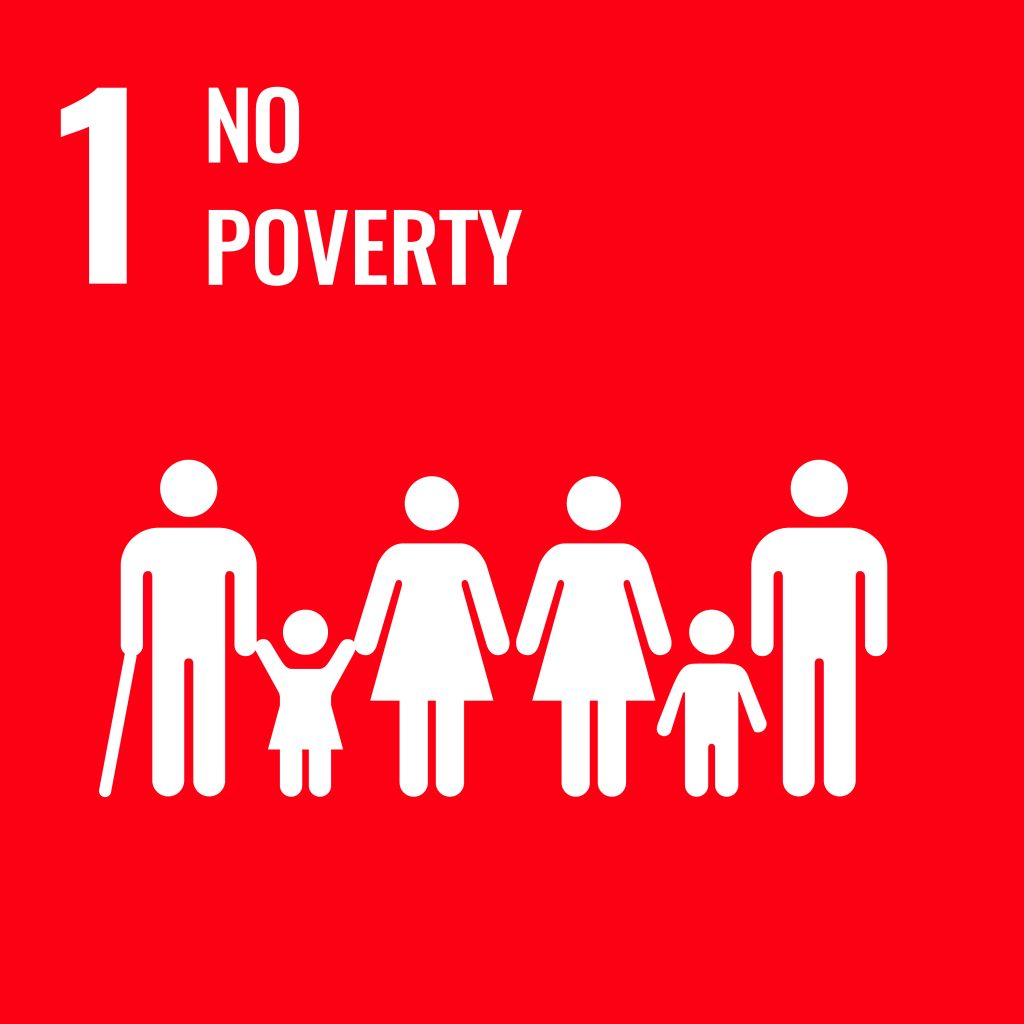
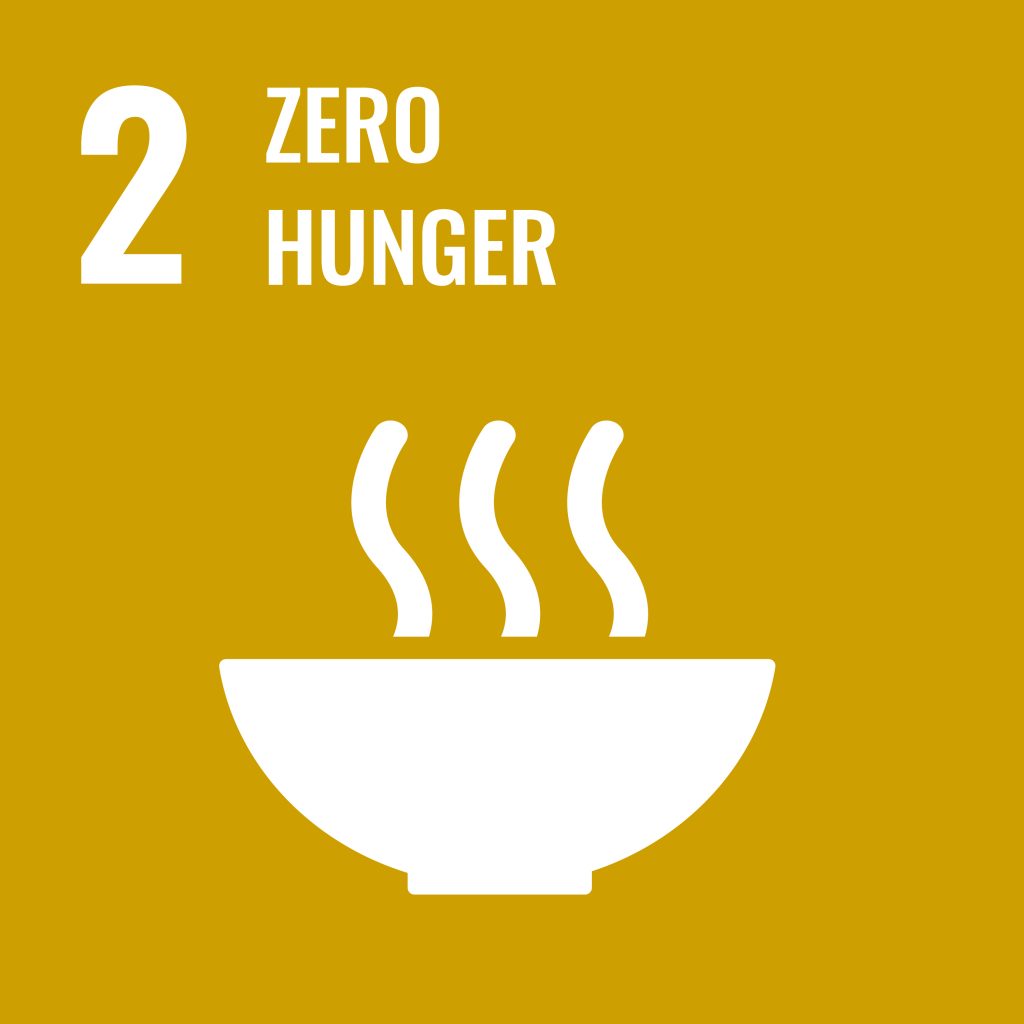
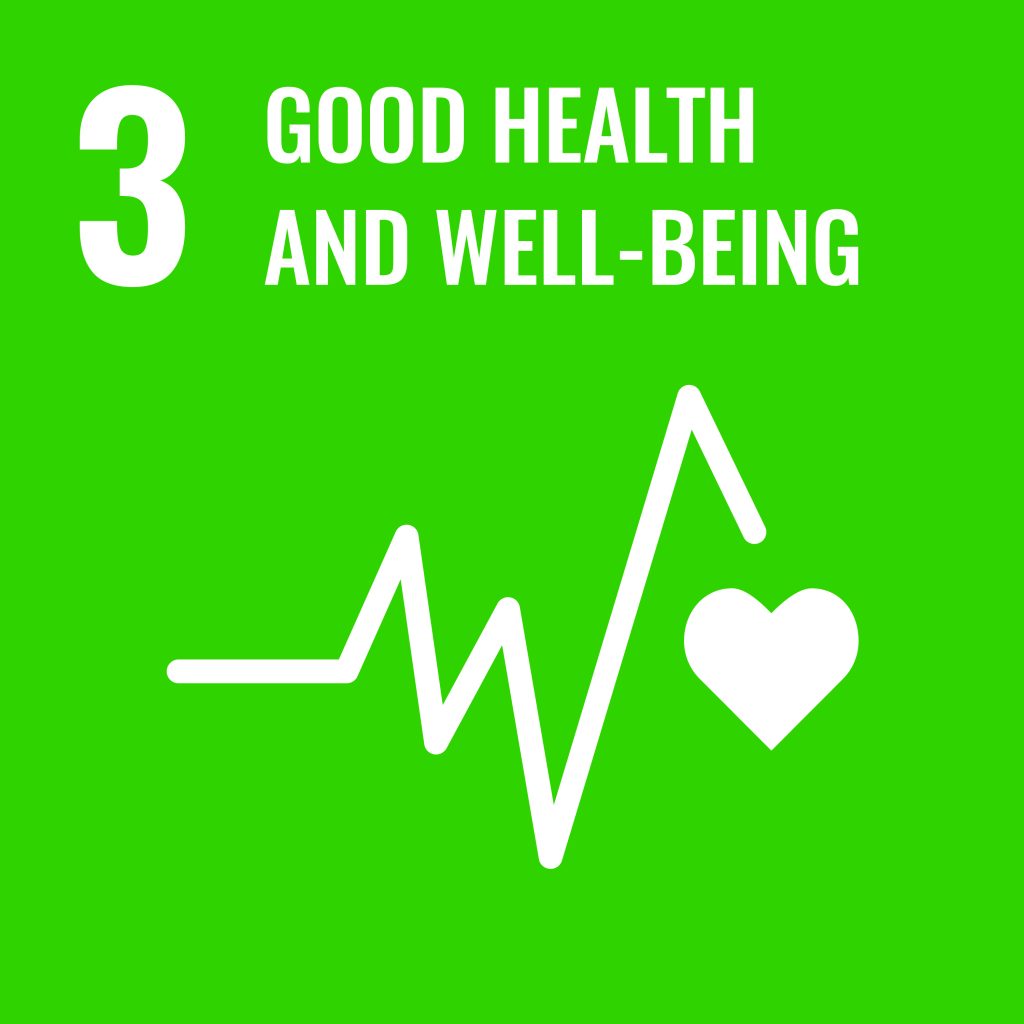
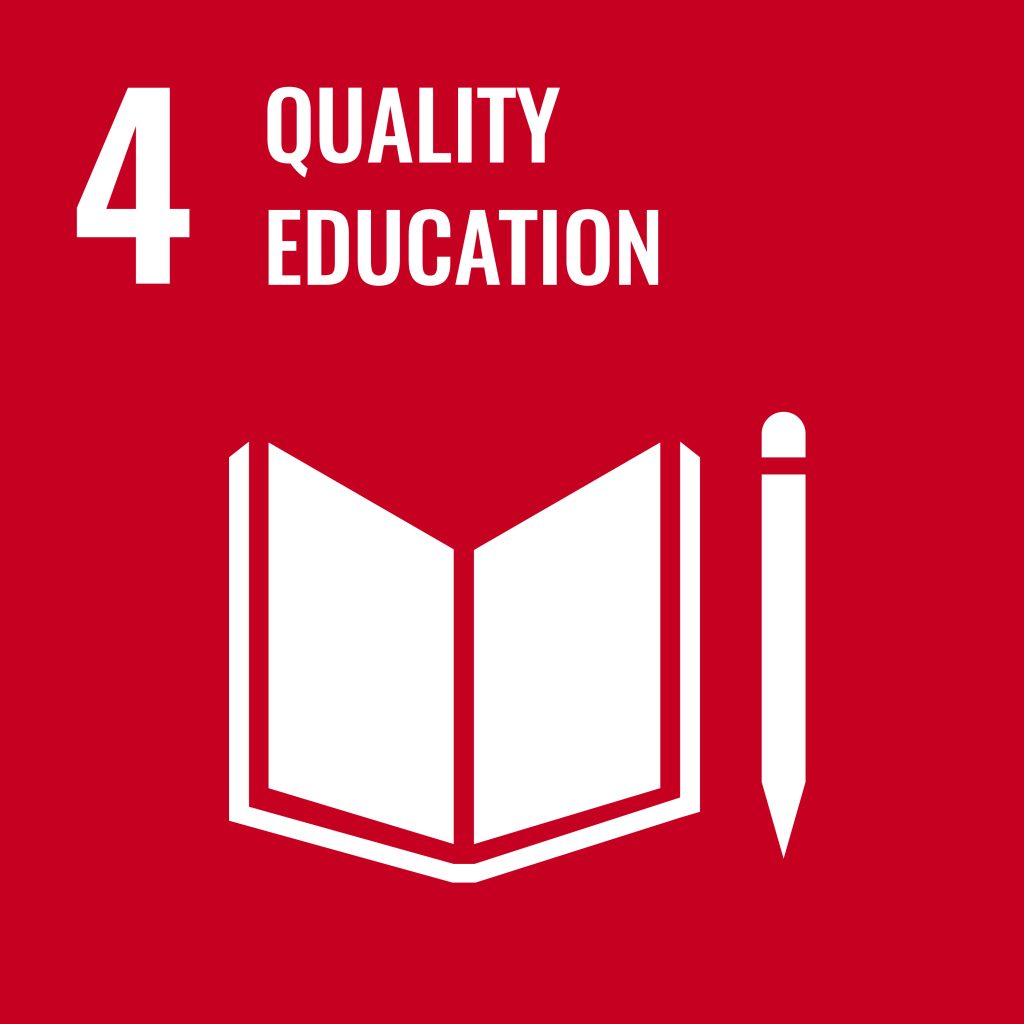
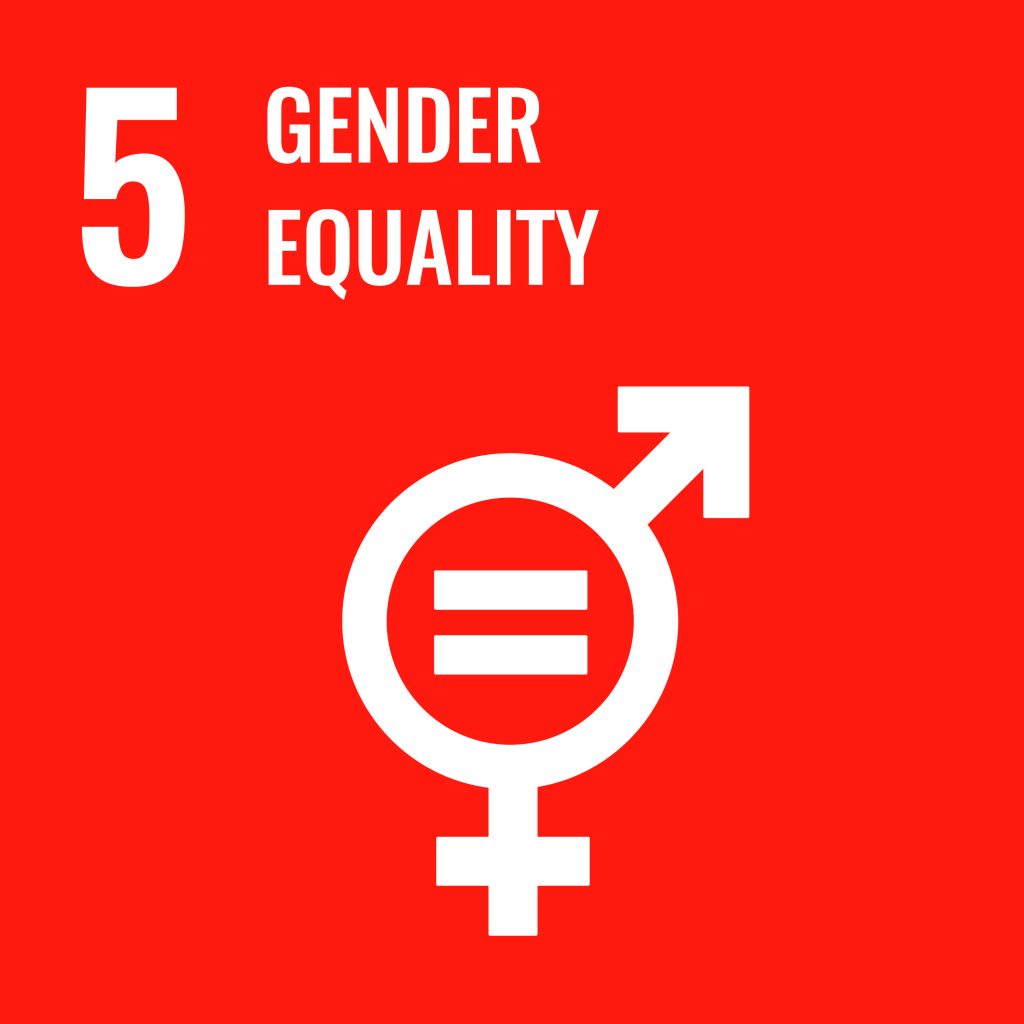
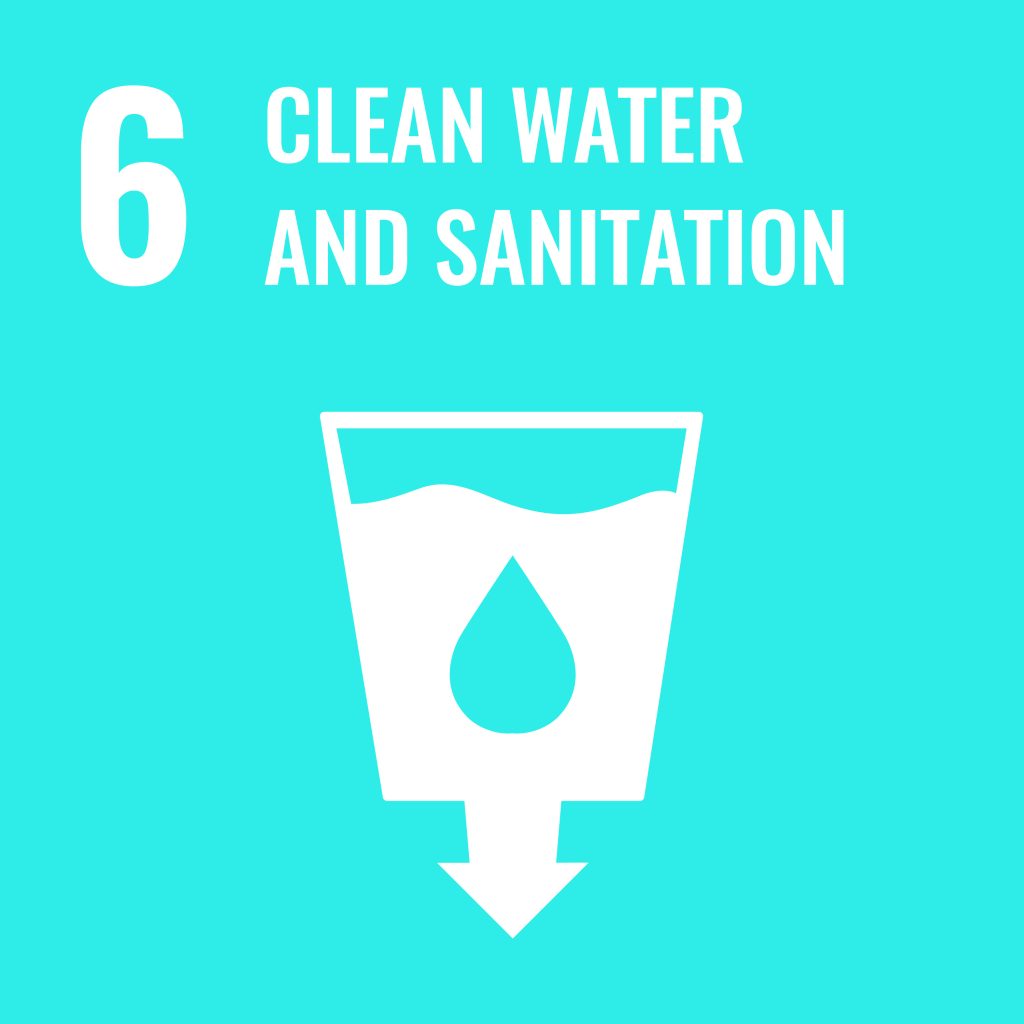
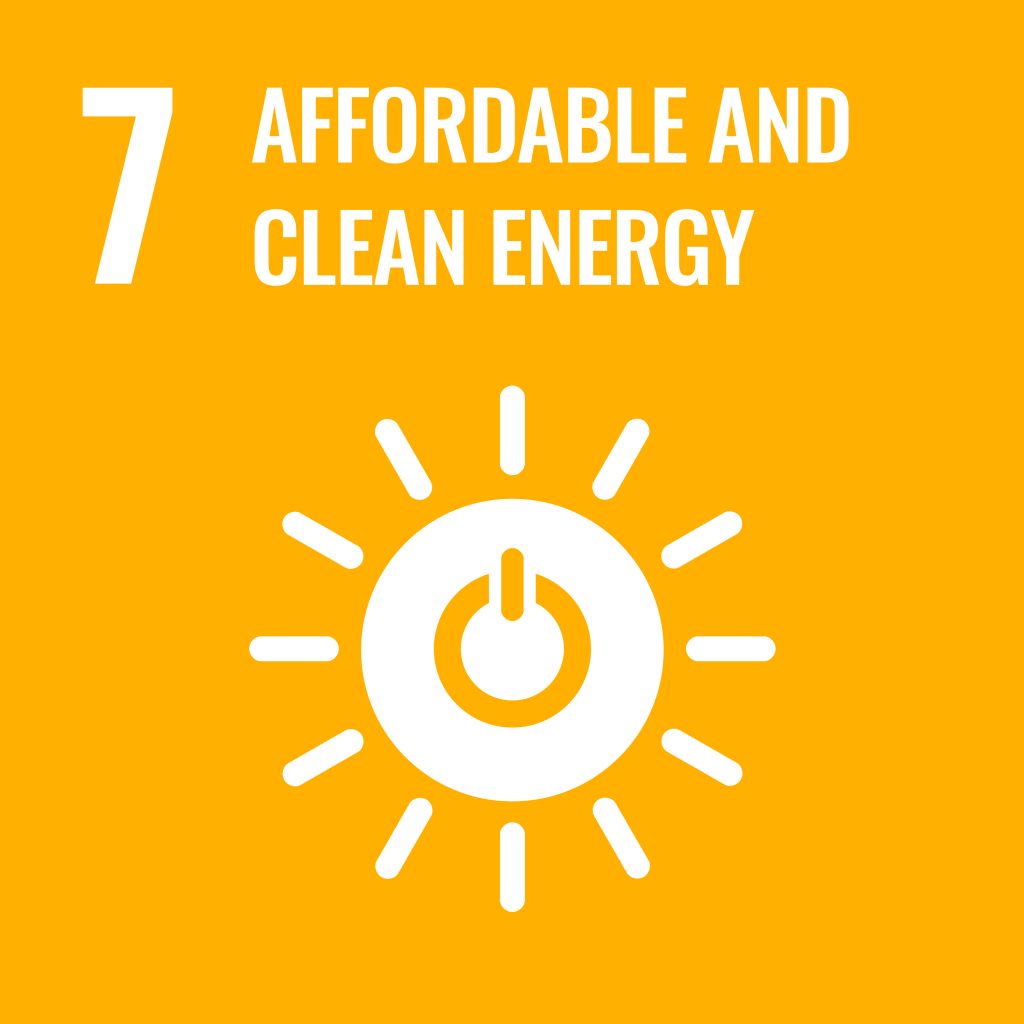
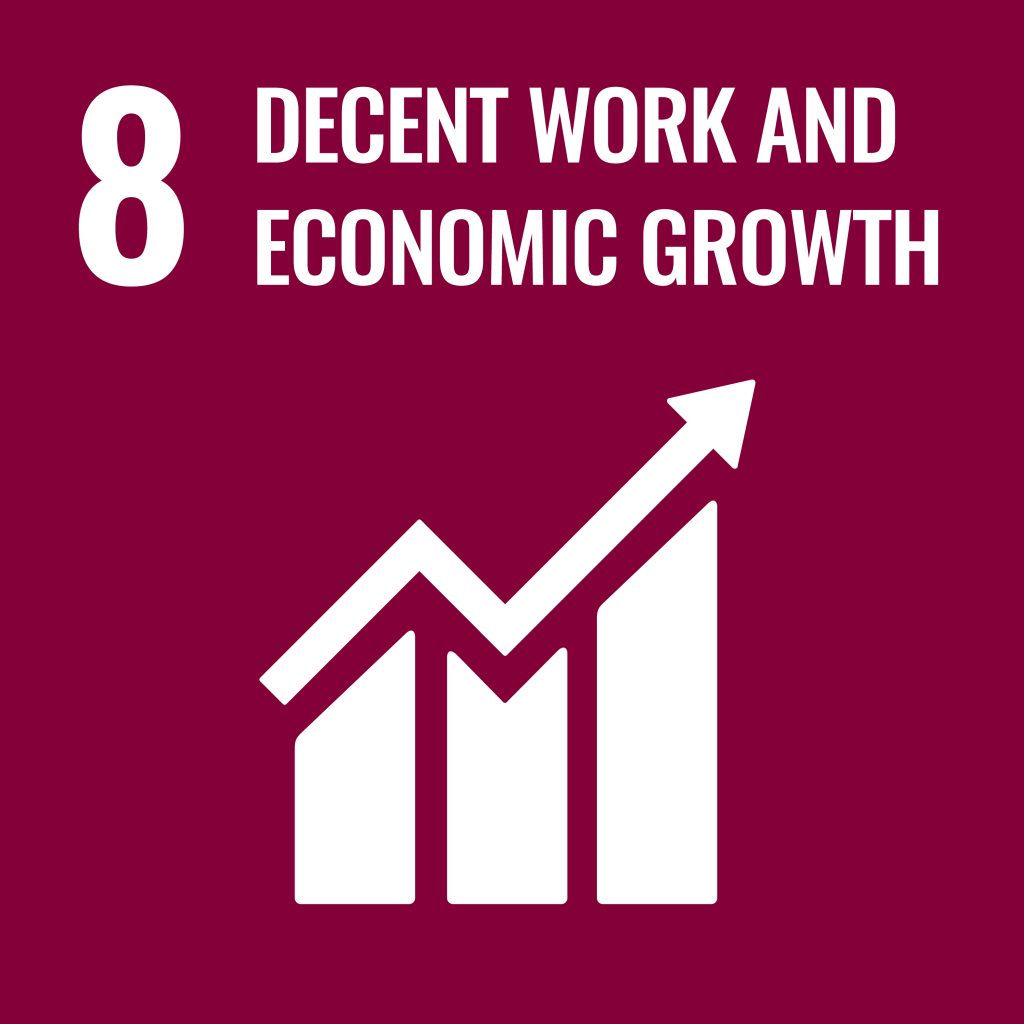
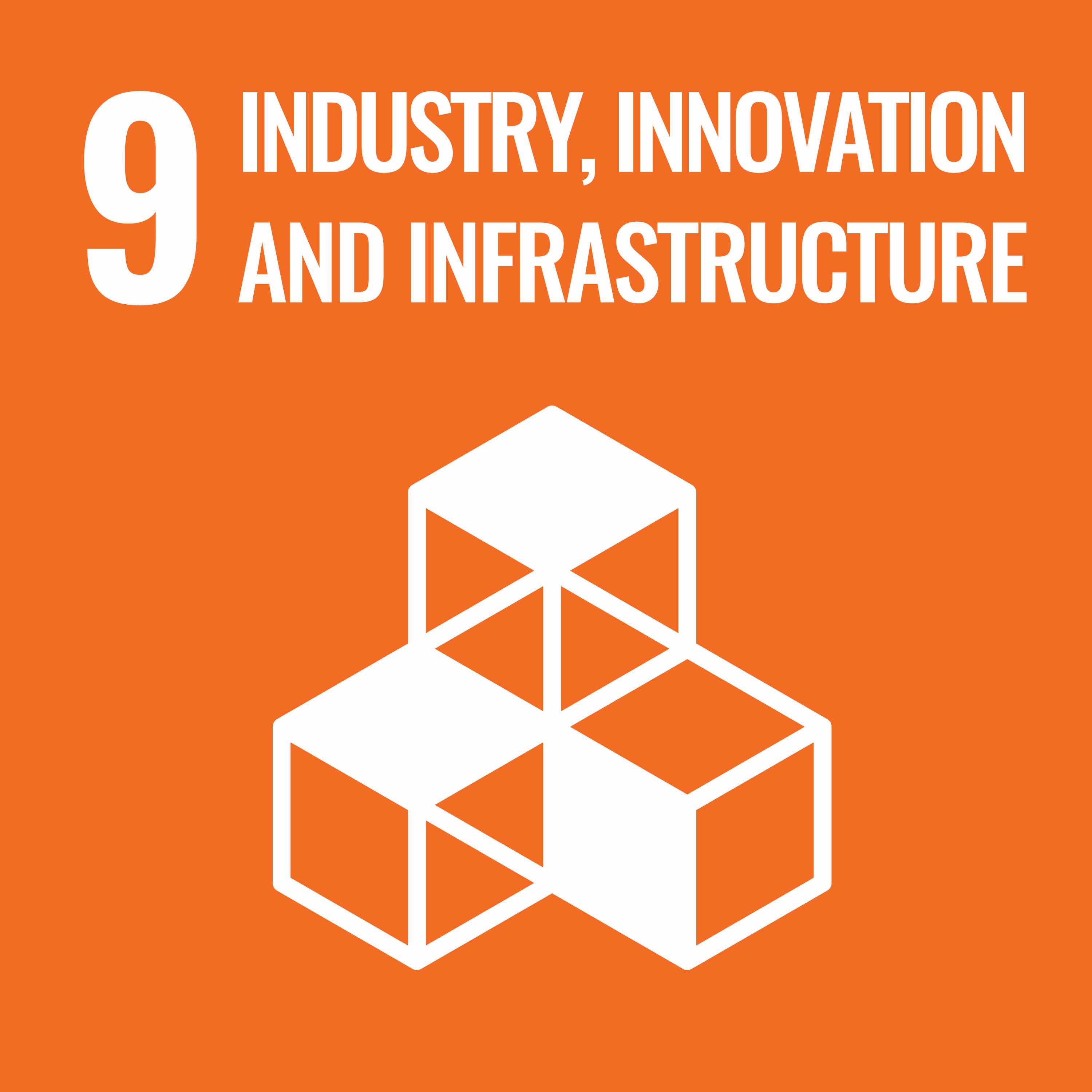
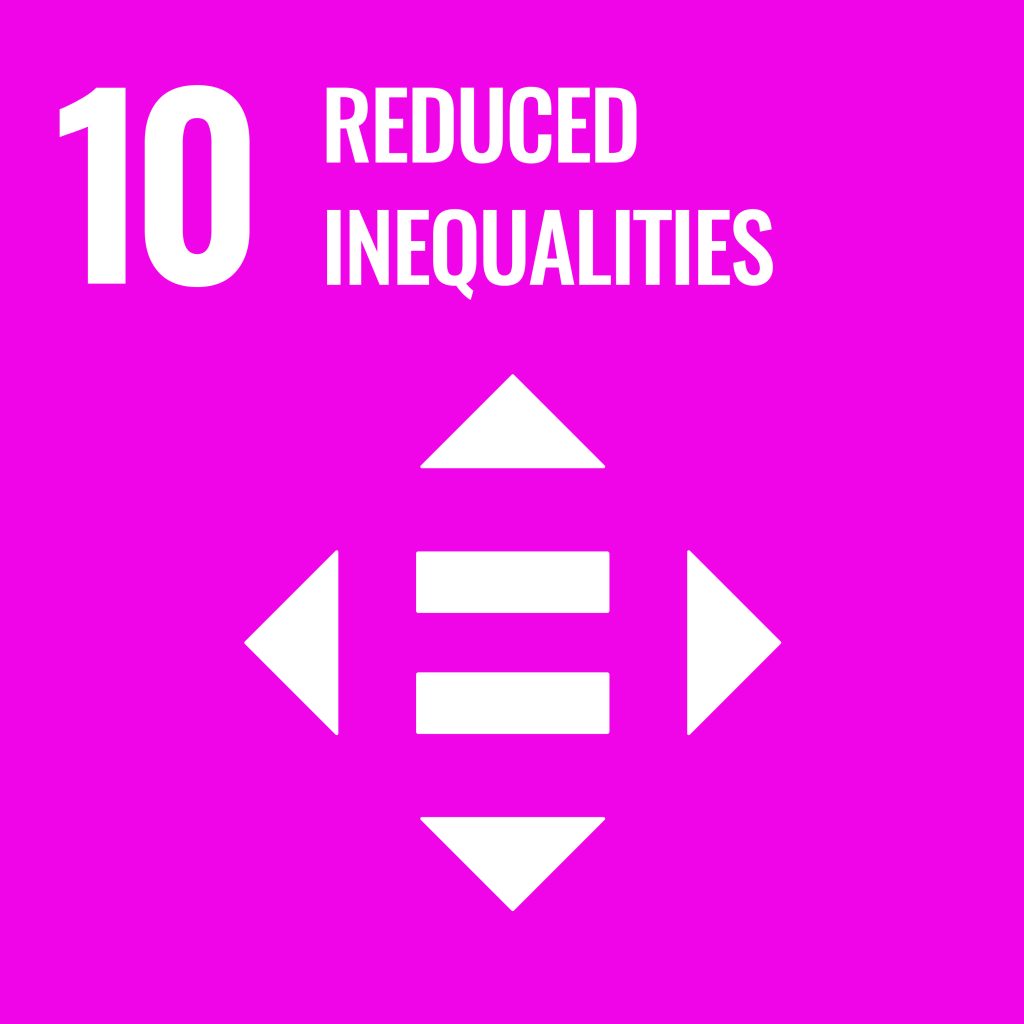

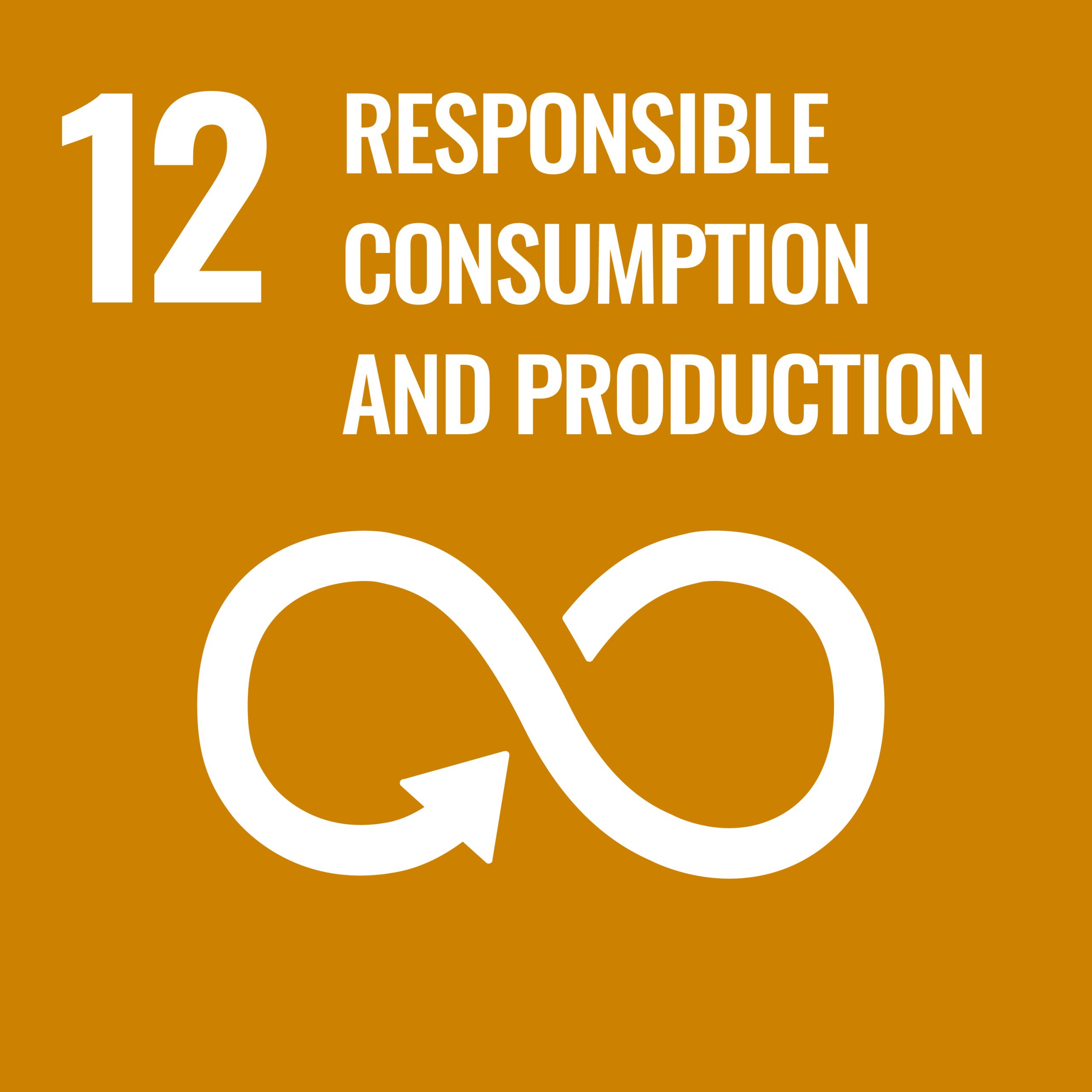
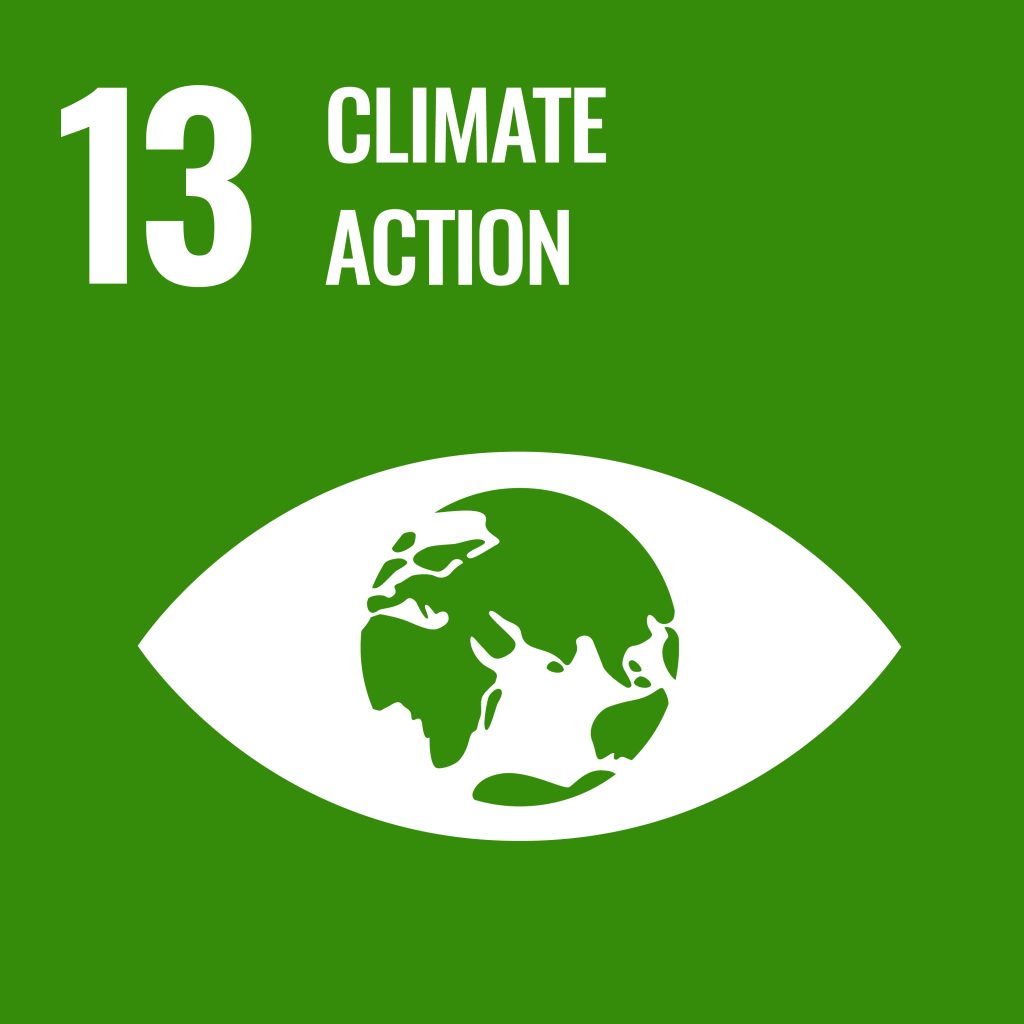
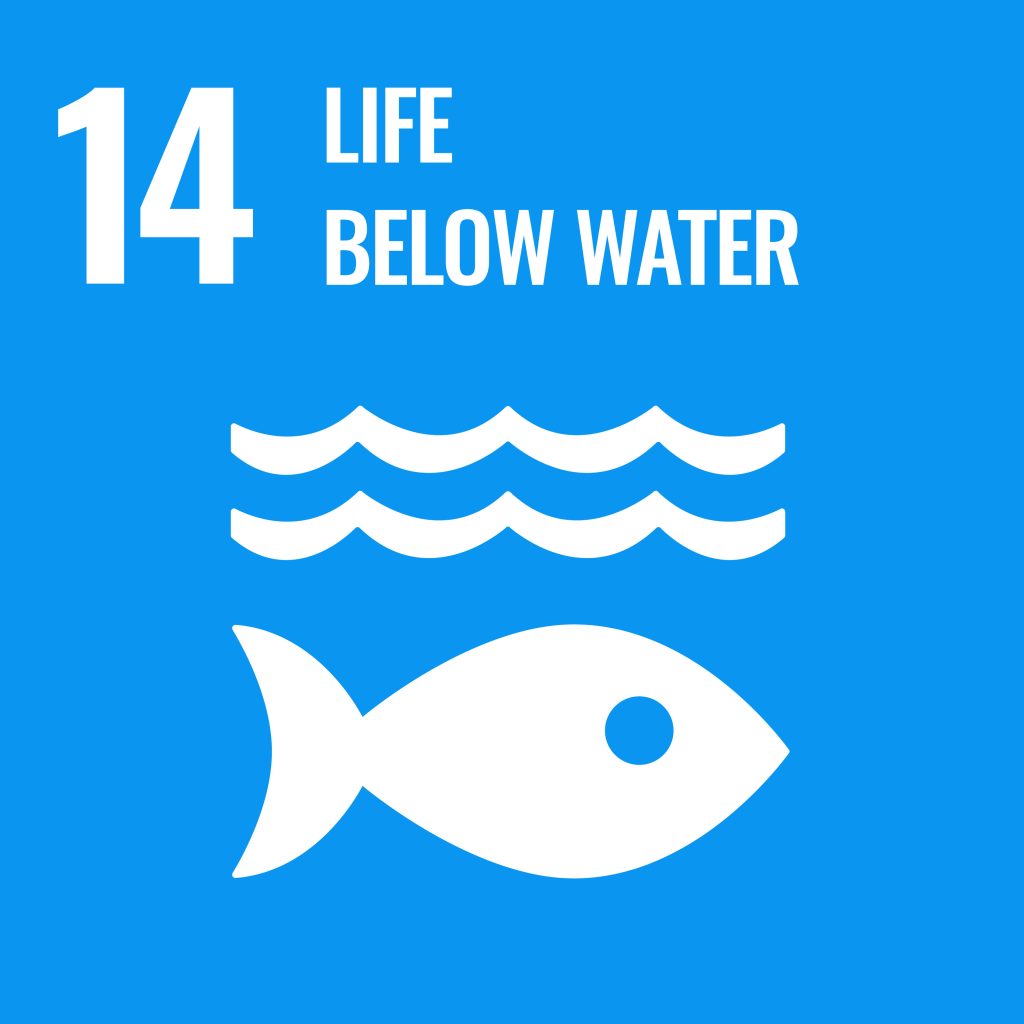
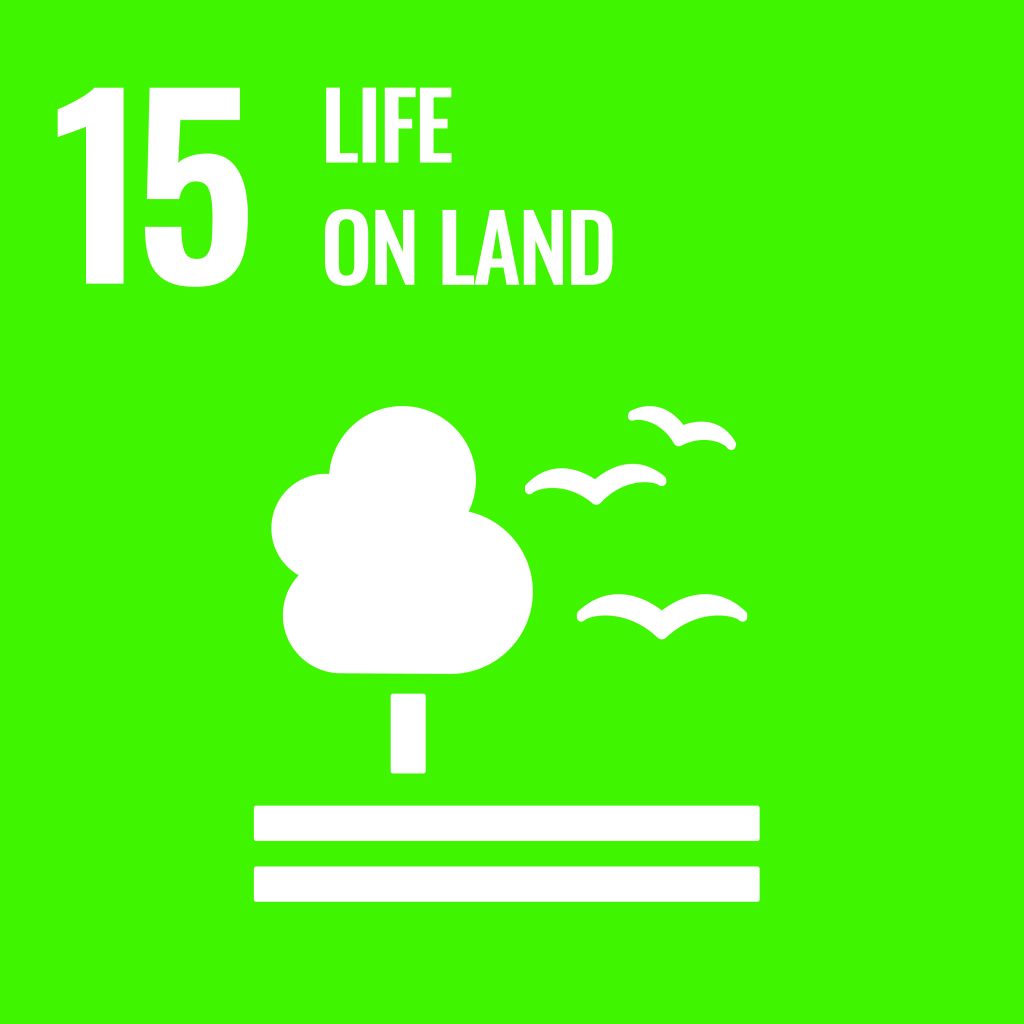
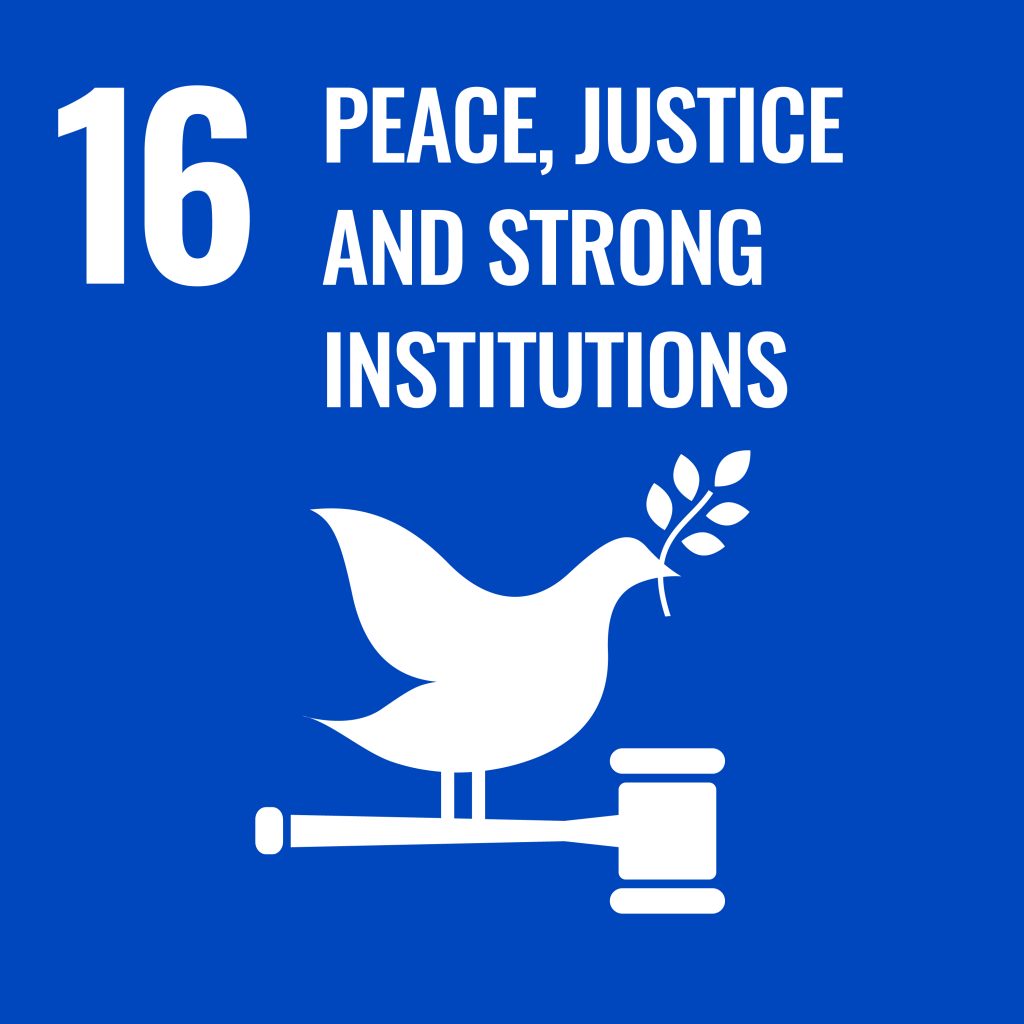
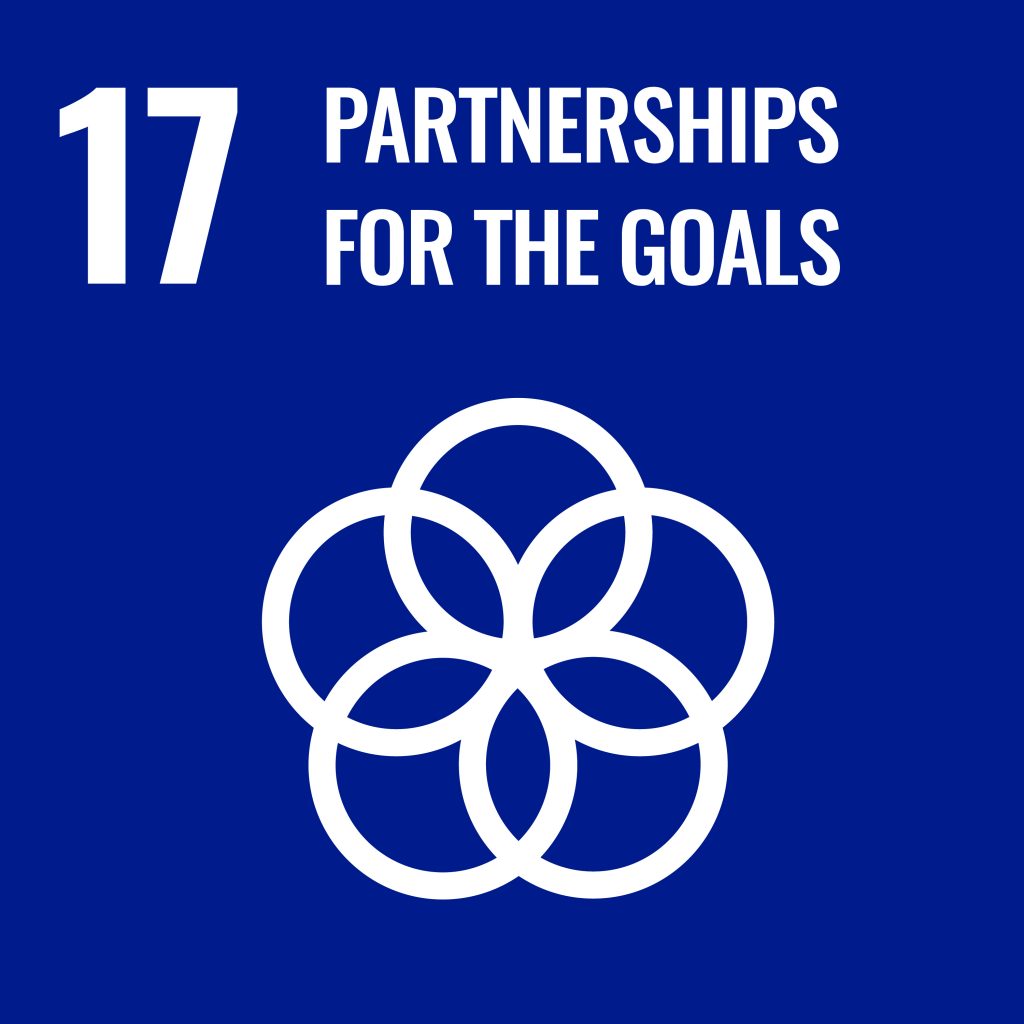

The SDGs provide a framework for governments, businesses, civil society, and individuals to work together towards a more sustainable, equitable, and prosperous future for all. Achieving these goals requires concerted efforts and partnerships at local, national, and global levels, as well as innovative approaches and transformative actions to address complex challenges such as poverty, inequality, climate change, and environmental degradation.
